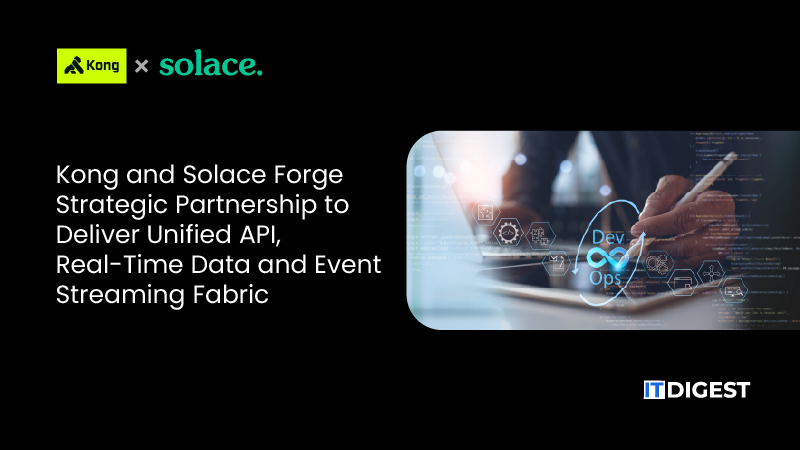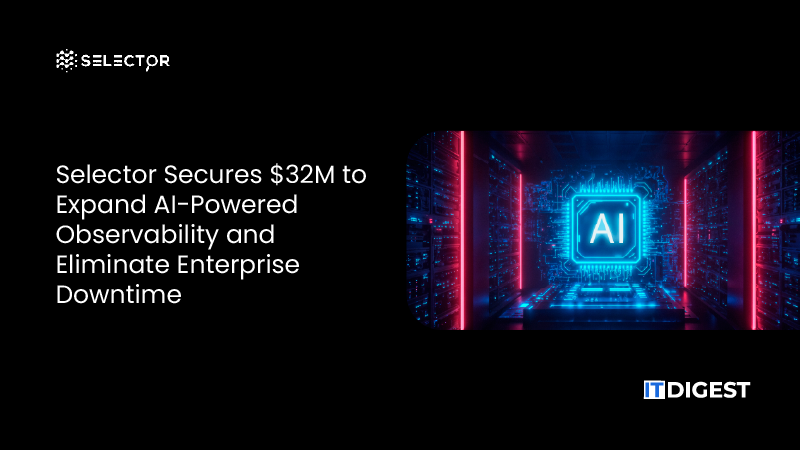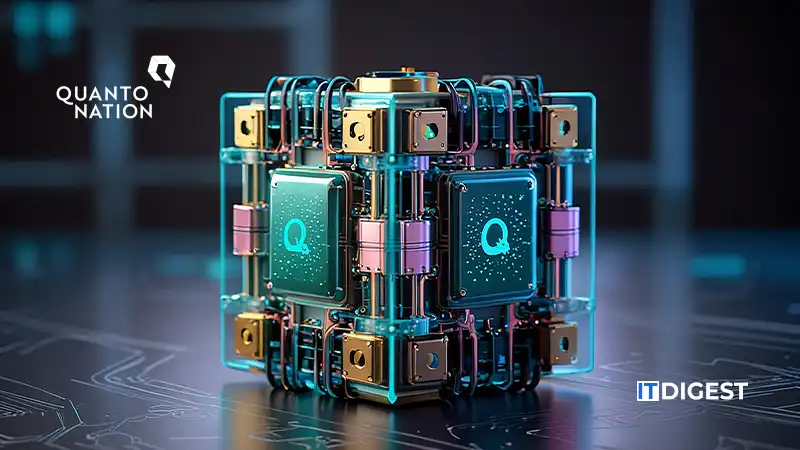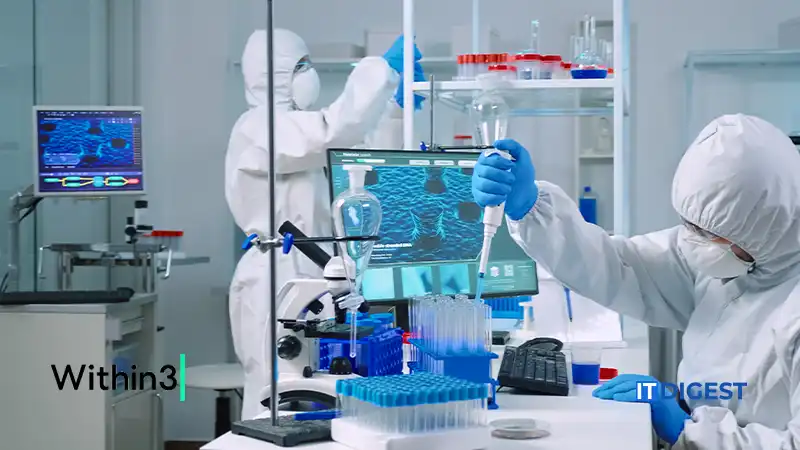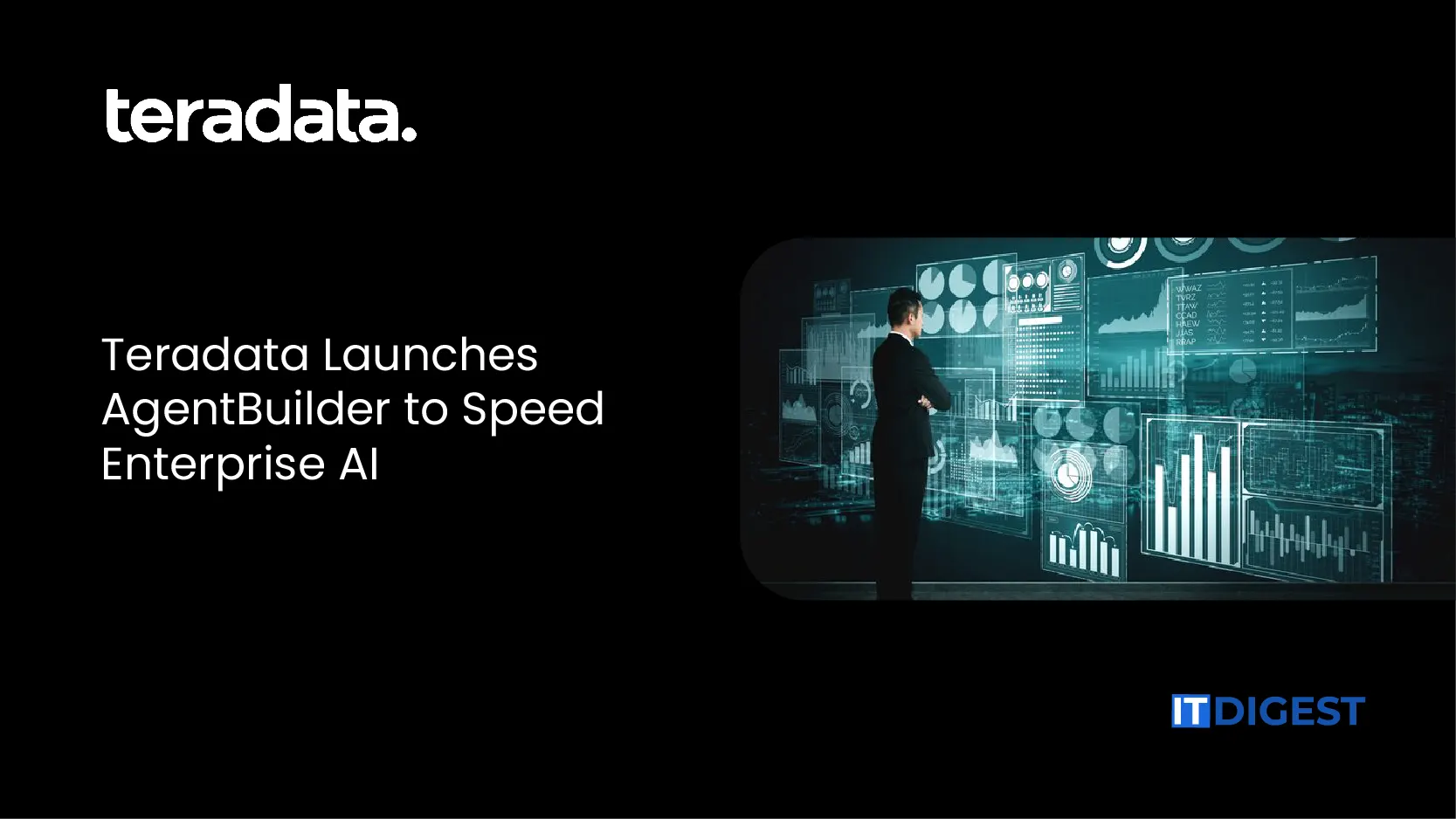Teradata unveiled AgentBuilder, a comprehensive suite of capabilities aimed at accelerating the development and deployment of autonomous, contextually intelligent AI agents. Built on open-source frameworks and powered by the Teradata AI and knowledge platform, AgentBuilder enables organizations to design, operationalize, and manage multi-agent systems that leverage Teradata Vantage’s trusted data, advanced analytics, and hybrid infrastructure. The platform also introduces Teradata Agents, pre-built, task-driven templates that expedite implementation and deliver measurable impact for complex, domain-specific challenges.
AgentBuilder will be available in private preview later this year, with a special demonstration of the new AI capabilities scheduled at Teradata Possible 2025, taking place October 6-8 in Los Angeles.
As interest in agentic AI grows, enterprises face challenges in operationalizing autonomous agents. Fragmented and siloed data can lead to unreliable outputs, while insufficient embedded business knowledge limits contextual relevance. Other hurdles include performance bottlenecks from prompt-driven workloads, elevated costs, and governance gaps that make deployment risky.
To address these barriers, Teradata AgentBuilder integrates contextual knowledge, deep domain expertise, and scalable hybrid infrastructure, empowering organizations to deploy multiple autonomous agents securely across both cloud and on-premises environments. Teradata Agents embed domain-specific logic and business context, producing outputs that are relevant, explainable, and trustworthy. By leveraging the Model Context Protocol (MCP) Server along with Teradata’s AI and analytics capabilities, teams can seamlessly transition from experimentation to production, unlocking tangible business value at scale.
Also Read: Monte Carlo Appoints Wayne Jin as Chief Marketing Officer
“AgentBuilder represents meaningful progress in advancing agentic AI for the autonomous enterprise,” said Sumeet Arora, Chief Product Officer at Teradata. “By combining the flexibility of open-source frameworks with Teradata’s AI and knowledge platform and our MCP Server, which provides deep semantic access to enterprise data, we’re helping organizations build intelligent agents that are not only autonomous and scalable, but also deeply aligned with their business goals, governance standards, and domain expertise.”
“Add to that our seamless support across cloud and on-premises environments, and we’re delivering a level of flexibility, integration, and contextual intelligence that sets Teradata apart. This is not just about data—it’s about delivering trusted, transparent, and complete knowledge to power the next generation of AI,” added Arora.
The Teradata MCP Server forms the foundation of AgentBuilder’s intelligent agent capabilities. It provides developers and AI practitioners with a curated set of prompts, components, and resources that streamline access to Teradata Vantage, enabling agents to query, reason, and act with precision. The integration of MCP ensures that agents are context-aware, secure, scalable, and aligned with enterprise standards—accelerating development, enhancing reliability, and unlocking the full potential of agentic AI in hybrid environments.
Open-Source Flexibility Meets Domain Expertise
AgentBuilder’s early release supports popular open-source frameworks such as Flowise and CrewAI, with LangChain and LangGraph planned for future integration. These frameworks offer modular building blocks for agent workflows, memory, reasoning, and coordination—essential components for developing autonomous systems. When combined with Teradata’s enterprise-grade scalability, governance, and performance, they accelerate the deployment of real-world agentic AI applications that continuously learn and evolve.
The suite also includes Teradata Agents, pre-built templates for tasks such as churn analysis and system monitoring. These agents leverage advanced analytics, behavioral data, and contextual awareness to deliver explainable, business-aligned outcomes. Continuously adaptive, Teradata Agents operate autonomously across functions, making them ideal for high-impact use cases requiring precision, scalability, and trust.
Examples of Teradata Agents include:
-
Teradata SQL Agent: Converts natural language requests into SQL queries for Teradata data warehouse tables. It can discover schemas, optimize queries, and integrate with multi-agent systems.
-
Teradata Data Science Agent: Generates fully executable ML pipelines from natural language requests. Leveraging LLMs, MCP tools, and linguistic reasoning, it supports multi-step workflows to deliver actionable reports and insights.
-
Teradata Monitoring Agent: Continuously monitors and manages Teradata databases and subsystems. By analyzing real-time telemetry, it detects anomalies, optimizes performance, and ensures enterprise-wide system health.






